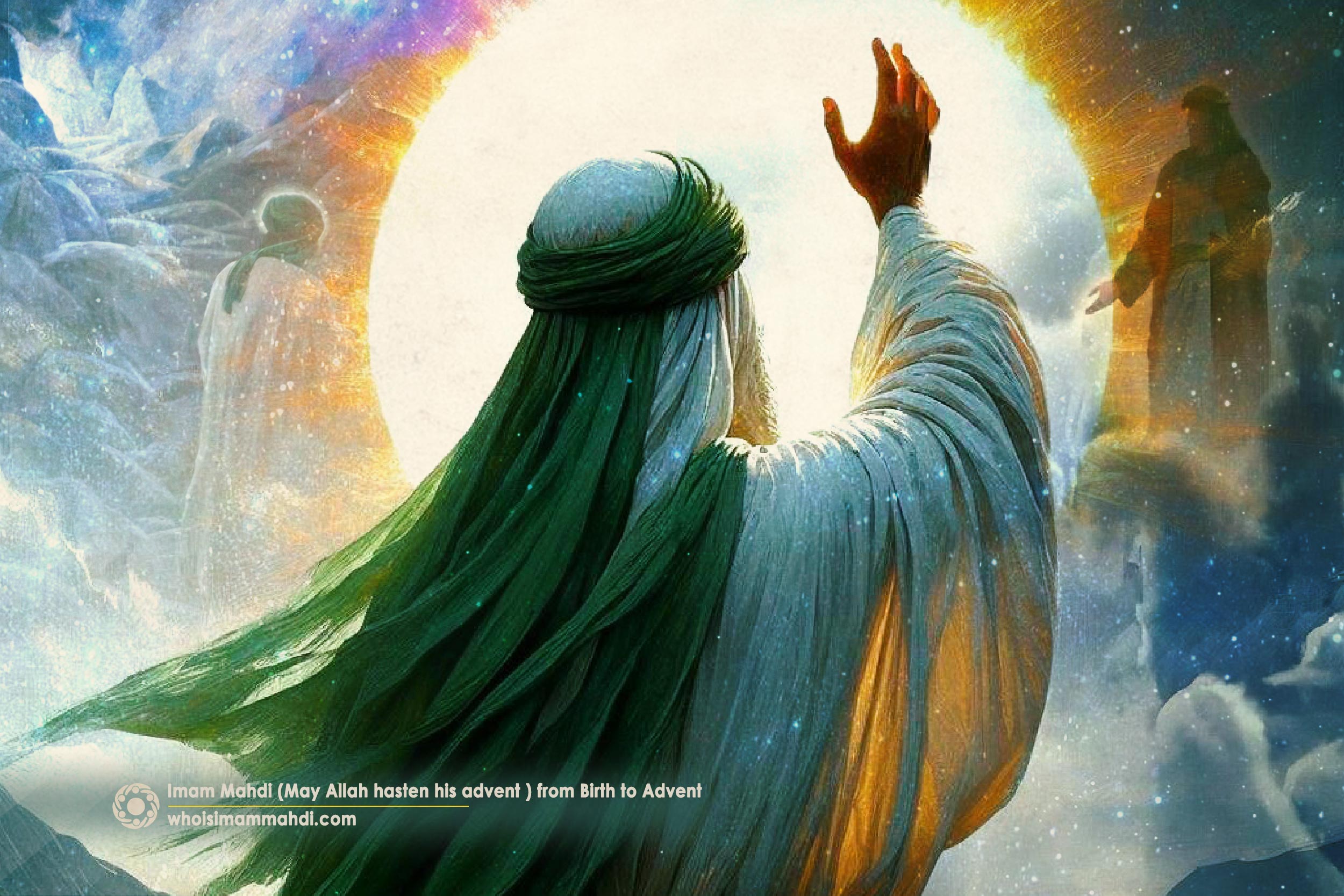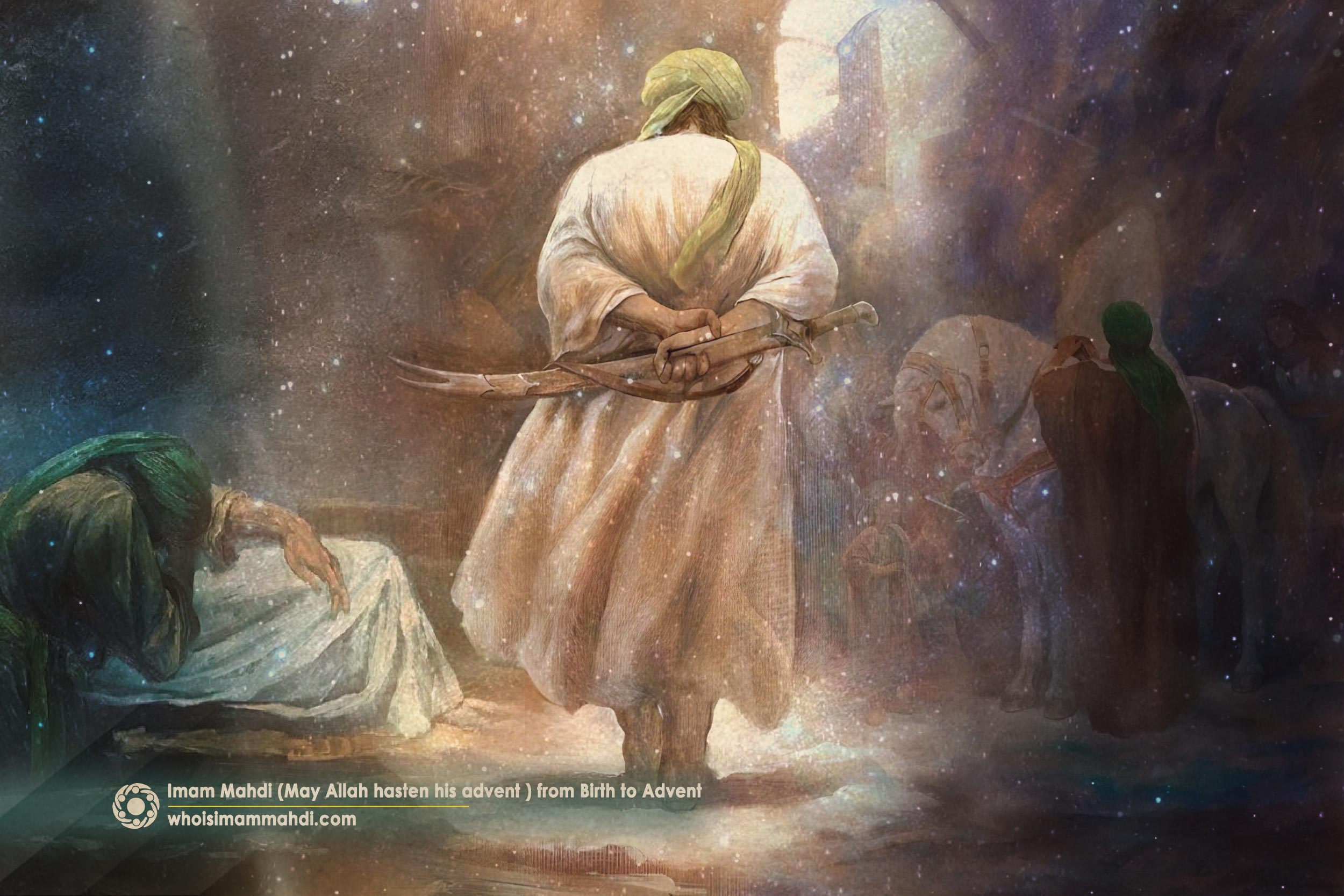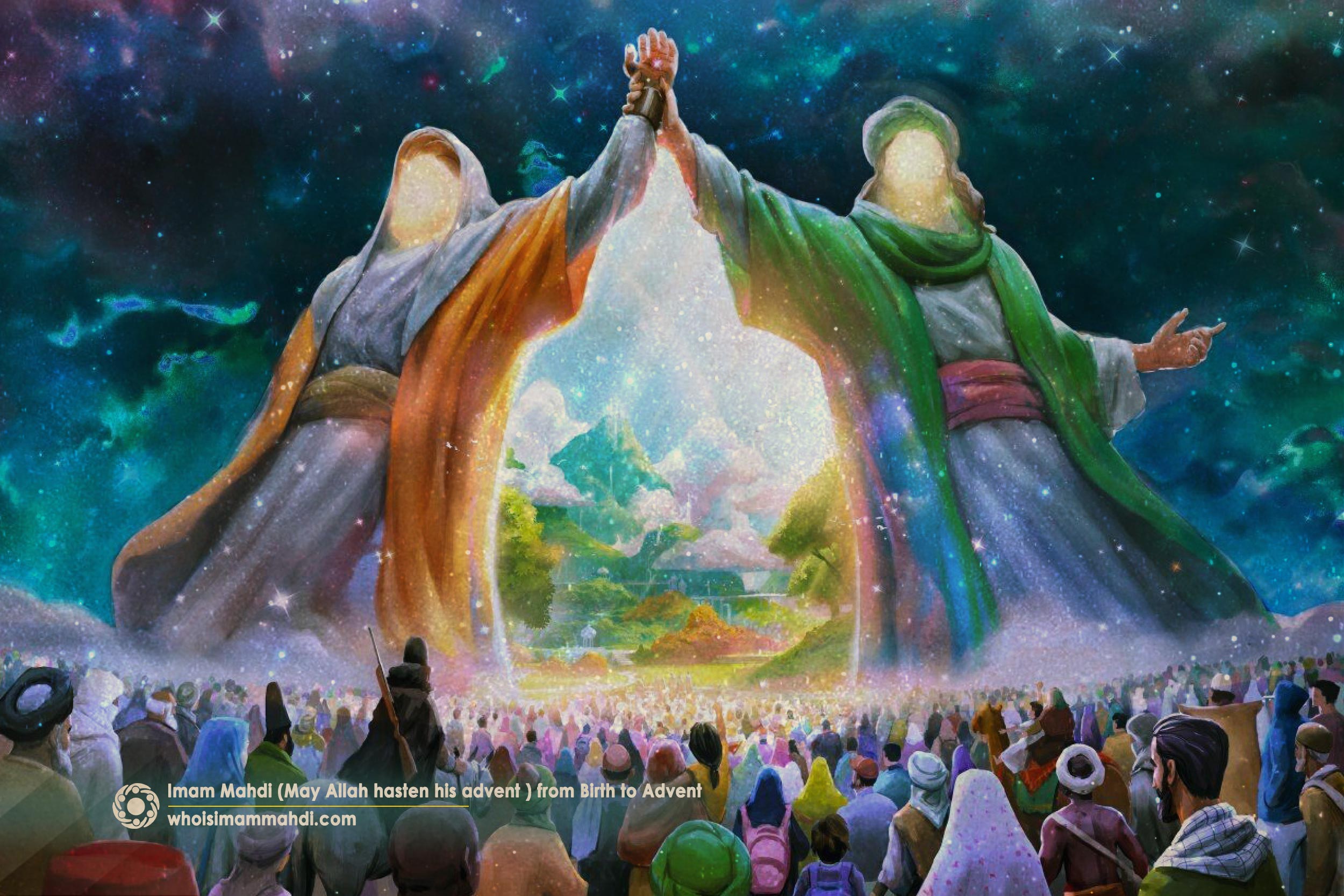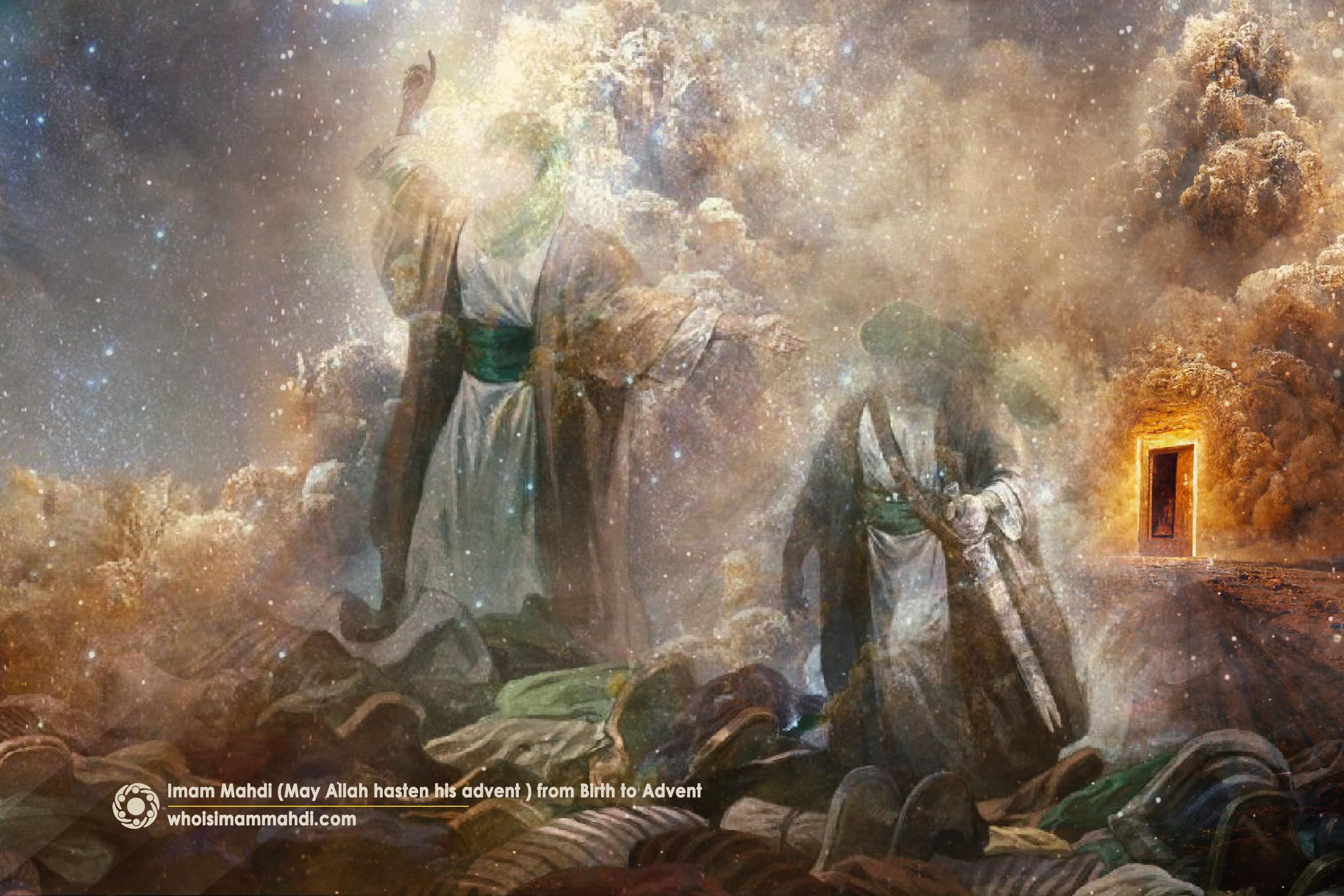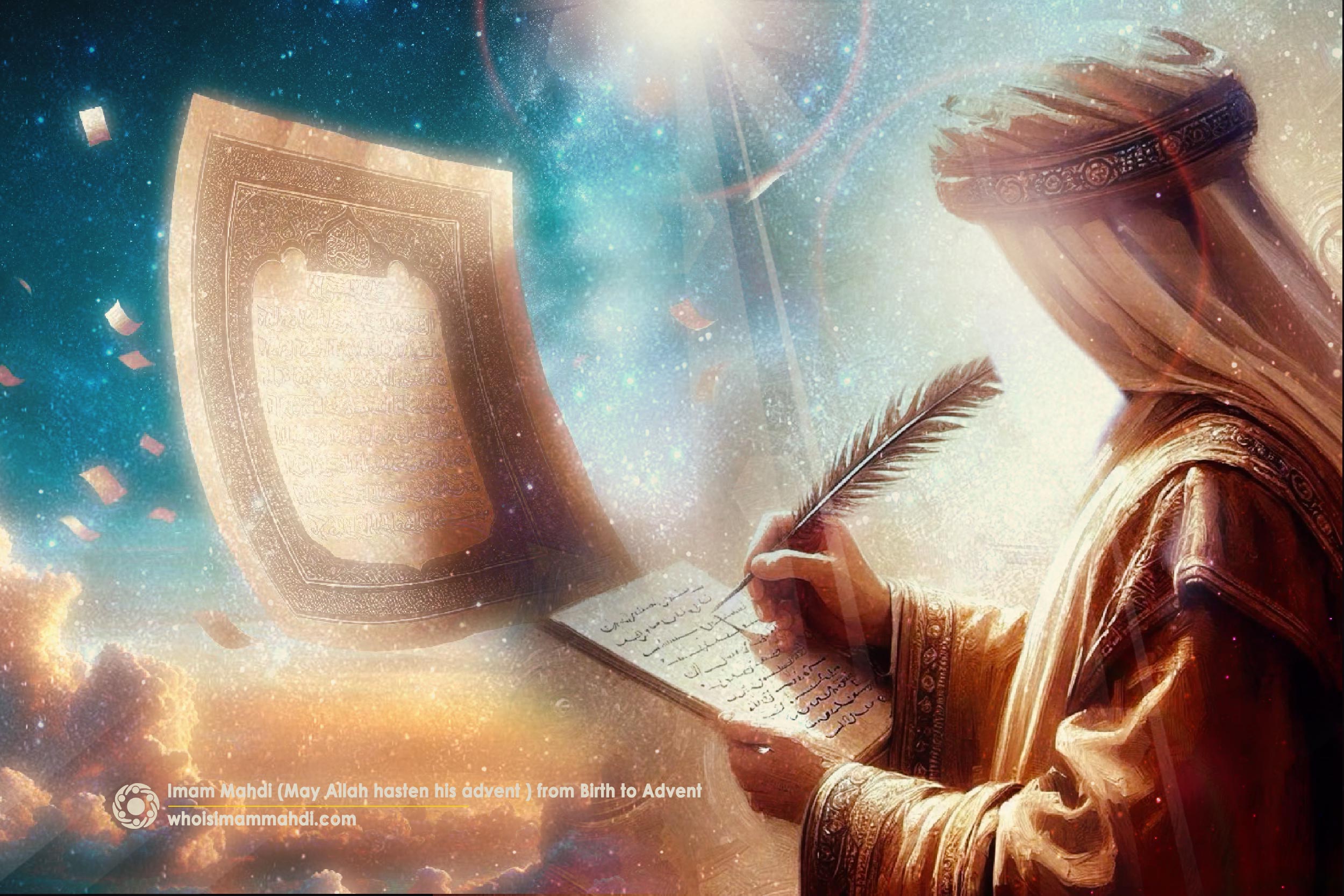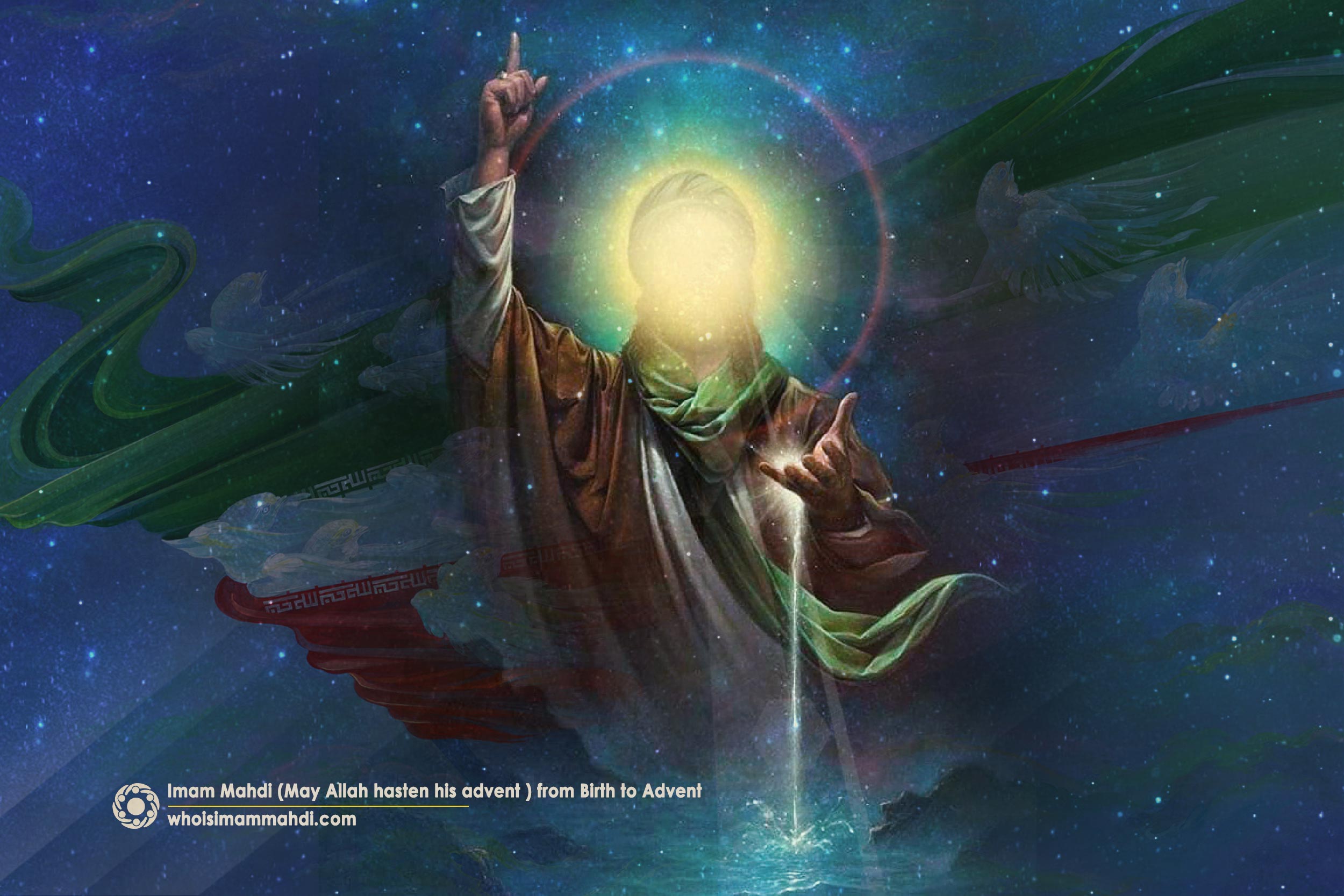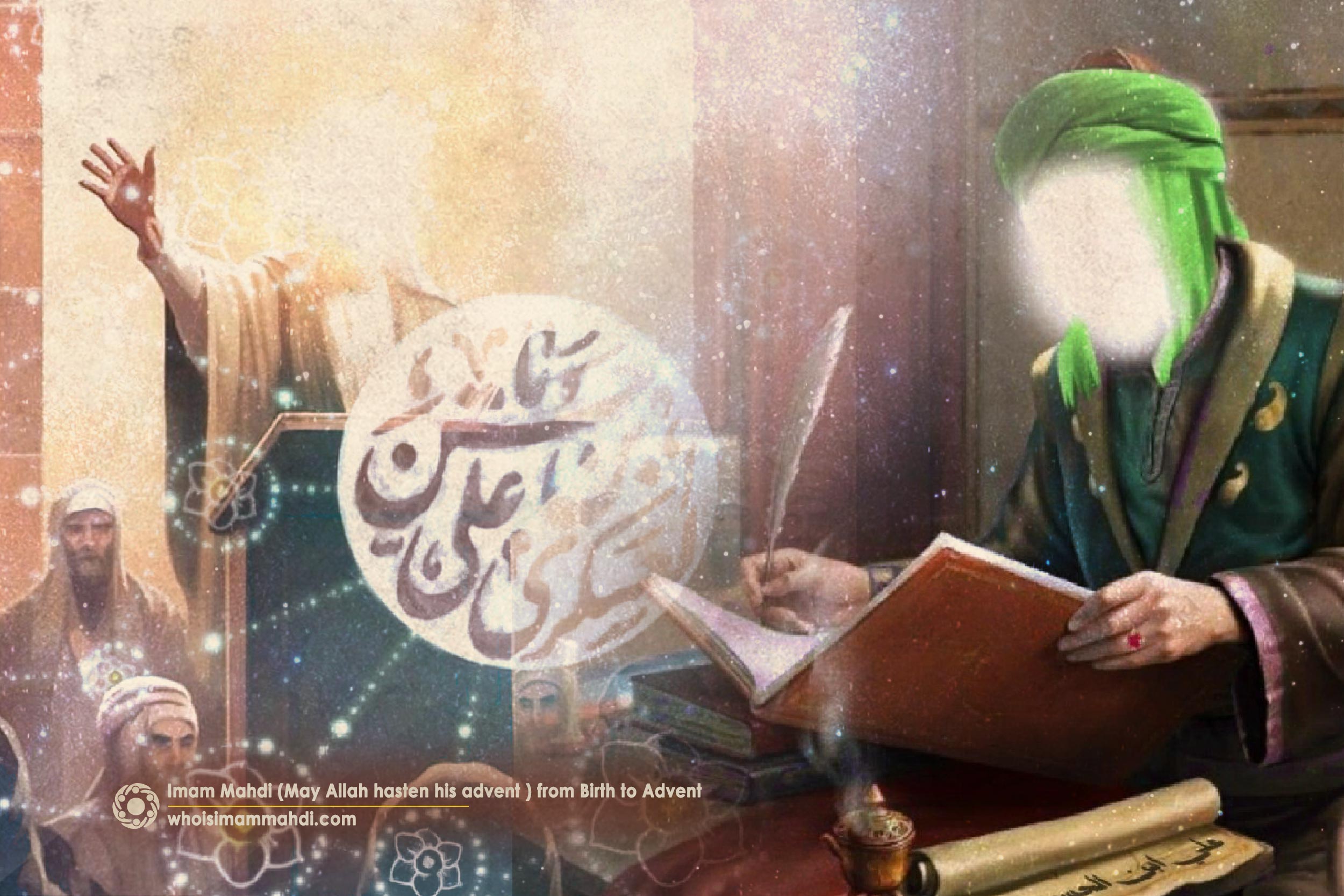Prophet Muhammad’s (PBUH) Foundational Steps in Establishing an Islamic Government
According to widely accepted sayings, Prophet Muhammad (PBUH) was born in the dark era of ignorance in Arabia in the city of Mecca on the 17th of Rabi’ al-Awwal in the Year of the Elephant, corresponding to 570 AD. As the Prophet Muhammad (PBUH) was born, significant events unfolded across the globe. Fourteen balconies of the Kisra palace in Mada’in fell down, the waters of Lake Sawa completely dried up, and the flame of the fire temple in Fars, Iran, which had burned for a millennium, was suddenly extinguished. The Prophet’s lineage traces back thirty generations to Prophet Abraham (PBUH). His mother was Amina, and His father, Abdullah, sadly passed away before his birth. His paternal grandfather, Abdul Muttalib, assumed the role of caregiver, and upon his grandfather’s passing away, young Muhammad came under the guardianship of his uncle, Abu Talib.
Many books have been written about the biography of Prophet Muhammad (PBUH), his personality traits, life events, governance style, and his approach to dealing with supporters and opponents. However, many aspects of this great personality’s individual and social conduct remain unknown to the general public. We should not view the lifestyle and behavioral conduct of Prophet Muhammad and other Infallibles (PBUT) from a merely historical perspective, as these individuals are far from ordinary. The Prophet and the thirteen other Infallibles succeeding him[1] are the role models and guides for humanity towards development. None of us can fulfill our human potentials and fulfill the true purpose of our creation without aligning our personality traits and lifestyle with theirs. However, only those who have attained self-knowledge and understood the reason for their existence in this world can grasp this.
This article briefly describes a few aspects of Prophet Muhammad’s (PBUH) life, his actions in establishing an Islamic government, and our existential relationship with him.
An Overview of Prophet Muhammad’s (PBUH) Life: Early Adulthood to Migration
The dominant religion during the Age of Ignorance was idol worship, but Prophet Muhammad (PBUH) was born into a monotheistic family. He described his family’s purity as follows: “Allah always transferred me from the loins of pure fathers to the wombs of pure mothers; He never allowed the impurities of the Age of Ignorance to taint me.”[2]
The Age of Ignorance in Arabia was characterized by dangerous and futile wars, the burying of girls alive, various wrongdoings, magic, arrogance, indulgence, and financial and tribal supremacy. The reason this period is referred to as the Age of Ignorance is that in the land of Arabia, there were no social laws or prophets to convey divine revelation to the people.[3] Generally, ignorance is a Quranic term referring to the behavioral, ethical, and faith-based characteristics prevalent in pre-Islamic Arabia.
Prophet Muhammad (PBUH) worked as a shepherd and traveled with trading caravans. It was during one of these journeys that he met Khadija (PBUH), a chaste and influential businesswoman known for her virtues, and later he married her. According to reliable narrations from Imam Sadiq (PBUH), they had four daughters: Zainab, Ruqayyah, Umm Kulthum, and Fatimah Zahra (PBUH). Except for Fatimah Zahra, the Prophet’s other children died during his lifetime, so his lineage continued only through Fatimah Zahra (PBUH).
Despite the prevalent idol worship, Prophet Muhammad (PBUH) never succumbed to false beliefs and remained monotheistic from the beginning. He often secluded himself in the Cave of Hira for contemplation and worship. At the age of forty, on the 27th of the month of Rajab 40th year of the Elephant (610 C.E.), he was formally appointed by Allah as a prophet to guide humanity. His prophetic mission marked the beginning of significant transformations that soon affected the entire world, drawing the knowing hearts towards him.
According to a famous and repeatedly narrated hadith, the Prophet himself said: “I was sent to complete the best of morals.”[4] Best of morals are the divine names and attributes that Allah instilled in all humans at creation by breathing His Spirit into them. These attributes potentially exist in all humans but they are actualized only when one is nurtured by Allah and His representatives, the Prophet, and the Ahl al-Bayt[5] (PBUT). Anyone who follows their guidance will reach the highest status, i.e., deputyship of Allah on earth, which means being the most comprehensive manifestation of Allah’s attributes. This elevated status is a privilege reserved solely for humankind, a distinction that even angels cannot attain.
Prophet Muhammad (PBUH) embarked on his mission to guide humanity towards this noble goal. For the first three years, his message was shared discreetly, a secret call whispered among a select few. During this time, he introduced about forty individuals to their human truth, saving them from misguidance. Under his guidance, their hearts grew more enlightened, and their wills became stronger daily. The Meccan polytheists did not significantly harass the Prophet during this period, but troubles began as soon as the mission became public at Allah’s command. He faced everything from tempting offers to cruel mockery, from threats to torture, and even a plot to end his life, so the Prophet decided to migrate from Mecca to Medina. There, he would lay the foundations for a government rooted in monotheism and the principles of Islam.
Prophet Muhammad’s (PBUH) Actions in Establishing a Government
Although nurturing individuals may seem personal, in reality it is not. Humans are social beings with various dimensions of existence. Proper nurturing requires a social framework; without establishing a government that fosters comprehensive growth and education, any effort in personal development is futile. Hence, forming a divine government was a primary goal of all prophets, enabling them to disseminate religious teachings with ease. The Prophet of Islam was no exception, constantly seeking an opportunity to establish an Islamic government with public participation.
Historical evidence suggests no coherent political system existed among Arabs before Islam. With the advent of Islam and Prophet Muhammad’s (PBUH) mission, organized political and social system emerged. For the first time, a unified framework for culture, military structure, jurisprudence, economics, politics, etc., replaced the traditional tribal structures. This had a significant impact on their individual and social developments. The Prophet migrated to Medina to create an exemplary political and organizational system for all generations and times. This system had several characteristics of which seven were more prominent: faith and spirituality, justice and fairness, knowledge and wisdom, purity and brotherhood, self-purification and moral refinement, strength and honor, and continuous work and progress.[6] The Prophet intended to establish this system in Medina as a lasting model for future generations to strive for a developed and civilized society.
After establishing the Islamic government in Medina and its environs, Prophet Muhammad’s (PBUH) global mission began. In the sixth year of the Hijrah, following the Treaty of Hudaybiyah, which aimed to reduce tensions between Muslims and Meccan polytheists, he sent several letters to kings of different countries, including Persia, Rome, Egypt, and Abyssinia, inviting them to Islam. Historians have different counts of how many letters were sent, with some saying it was twelve and others saying it was twenty-six.
Our Existential and True Relationship with Prophet Muhammad (PBUH)
There is only one existence in the universe, i.e., Allah, who is the Absolute and Infinite Being. He is pre-eternal and eternal. He does not emanate from anything and is self-sufficient. In the beginning of creation and in His first manifestation, Allah created a truth that has the most similarity to Himself. That being is not different from Allah in terms of names and attributes, except that Allah is the Creator and this being is the created one. From this first creation or primary manifestation, all other realms and beings were brought into existence. This truth, known by various names such as Ruh (Spirit), Lawh (Tablet), Qalam (Pen), the Intellect, mathal A’la (Most Perfect Example), is the existential reality of Prophet Muhammad (PBUH) and hence called the Muhammadan Truth or Light of Muhammad.[7] Therefore, Prophet Muhammad (PBUH) and his Ahl al-Bayt are the perfect manifestations of Allah’s names and attributes.
Allah has also manifested Himself in other creations, and there is nothing in the world but the manifestation of Allah’s names and attributes. But these manifestations are not equal. Allah manifests Himself in each being with a limited number of names, according to the structure and the purpose of the creation of that being. Among all beings, only the Prophet and his Ahl al-Bayt are the comprehensive reflections of Allah’s attributes. Hence, all humans, regardless of their race or appearance, are created from the Light of the Prophet (PBUH). Our spirit, which is our essence, is derived from the spirit of the Prophet, making him and his Ahl al-Bayt our true origin and family.
We have two types of relationship with the Fourteen Infallibles[8] as the supreme manifestations of Allah and most perfect examples of creation: a true relationship and a rightful relationship. Our true relationship is because our existential truth or spirit is the Muhammadan Truth, which is the existential light of Prophet Muhammad (PBUH). While our biological parents give us our physical form, our spirit, which is our eternal dimension and the truth of our being, is like that of the Ahl al-Bayt (PBUT), making them our true parents. The other relationship is their position as our leaders and guides. The Prophet and his Ahl al-Bayt (PBUT) are Allah’s proofs on earth and our only guides to the purpose of our creation and eternal bliss. Thus, only by following them we can become Allah’s deputies on earth and fulfill the purpose for which we have been created.
From the moment Prophet Muhammad began his mission to his final breath, his every action was dedicated to guiding humanity towards this purpose. He sought no reward for his efforts except one thing: committed love for his Household.[9] This love brings no advantage to the Prophet and his Household, but it is for the betterment of those who embrace it. Committed love is coupled with obedience, and obedience brings similarity. Similarity to the Ahl al-Bayt (PBUT) means becoming similar to Allah, as they are the most perfect manifestations of Allah’s names and attributes.
Allah has entrusted the guidance of humanity to the infallible experts, that is, the Prophet and his Ahl al-Bayt (PBUT) because guiding human beings is a highly specialized issue. The guide must possess specialized knowledge about humans and the world, available only to the infallible experts who receive their knowledge directly from the Creator. As a result, there is no flaw in it.
Imagine life’s journey as a vast ocean, and salvation as the distant shore. The infallible experts, that is, the Ahl al-Bayt, are the sturdy ships guiding us through these treacherous waters. Even if we stumble or make mistakes during our journey, as long as we are aboard this ship of guidance, we will eventually reach the shore of salvation. Those who reject this guidance, however, are like souls lost at sea, adrift in a vast ocean of misguidance, destined to drown in their ignorance. Islam stresses the importance of allegiance to the guardianship of the Ahl al-Bayt for this very reason. They are the compass and the vessel, ensuring our safe passage. To embrace the tenets of Islam while denying their guidance is to wander aimlessly, devoid of specialized knowledge and direction, with a flawed movement towards the hereafter.
We will discuss this topic and the successors to the Prophet (PBUH) after his passing away in future articles.
[1]. Ahl al-Bayt
[2]. al-Faḍl al-Ṭabrisī, Majma’ Al-Bayan. vol. 4, p. 90.
[3]. Philip Khuri Hitti, History of the Arabs. Gateway Editions, 1996, p. 87.
[4]. Al-Ṭabrisī, Majma’ Al-Bayan. vol. 10, p. 500.
[5]. The Household of Prophet Muhammad
[6]. Ali Khamenei, A 250 Years Old Person. trans., The Ahl al-Bayt (as) World Assembly, 2014, pp. 33-34.
[7]. For more information, see Sayyid Sa’eed Akhtar Rizvi, The Life of Muhammad the Prophet. Darul Tabligh North America, 1999, pp. 4-5.
[8]. Prophet Muhammad and his Household
[9]. “I do not ask you any reward for it except the love of [my] relatives.” (Quran: 42:23)

